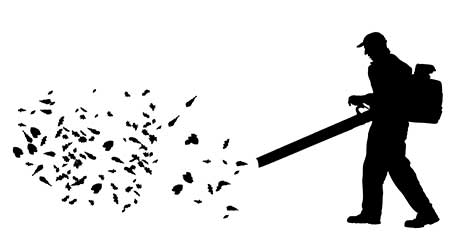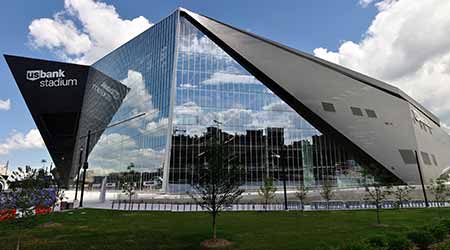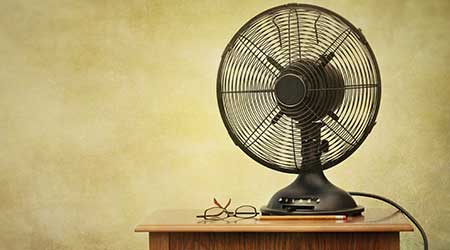
Are Leaf Blower Bans Effective?
August 21, 2019
As autumn approaches, many facility managers are once again faced with what is turning into an increasingly contentious debate for grounds maintenance: Electric- or battery-powered and quieter leaf blowers vs. more power, louder, and more expensive gas leaf blower.
In a growing number of cities, facility managers don’t have a choice. Ann Arbor recently became the latest municipality to ban “noisy lawn equipment” downtown, which includes 2-cycle combustion engine leaf blowers, according to the Detroit Free Press. The ban was made both to reduce noise in the downtown area, but also to reduce emissions.
In Palm Springs, where a gas leaf blower ban ordinance went into effect on June 1, nearly 1 in 4 (67 of 288) complaints to the city’s code enforcement office are to report leaf blower violations. This resulted in only 8 citations, however, according to the Desert Sun. That had led many to question whether the city's ban is effective at all.
Many other cities have similar enforcement issues, and they've had leaf blower bans in place for decades. Los Angeles, for example, has had a leaf blower ban since 1998. But it’s one of the most flouted city ordinances, according to numerous sources, with hardly any citations every issued.
But there is some relief for those in favor of banning the loud, smelly leaf blowers. In nearby Santa Monica, a recent “crackdown” to enforce that city’s 1991 leaf blower ban ordinance has been effective, according to the Santa Monica Daily Press. In 2015, 254 citations were issued, and 206 in 2016.
What’s your take on gas powered leaf blowers vs electric or battery? Are you in favor of municipal leaf blower bans?
This post was submitted by Greg Zimmerman, executive editor, Building Operating Management and FacilitiesNet.com. Read his cover story on how buildings are tackling climate change.
Next
Read next on FacilitiesNet












